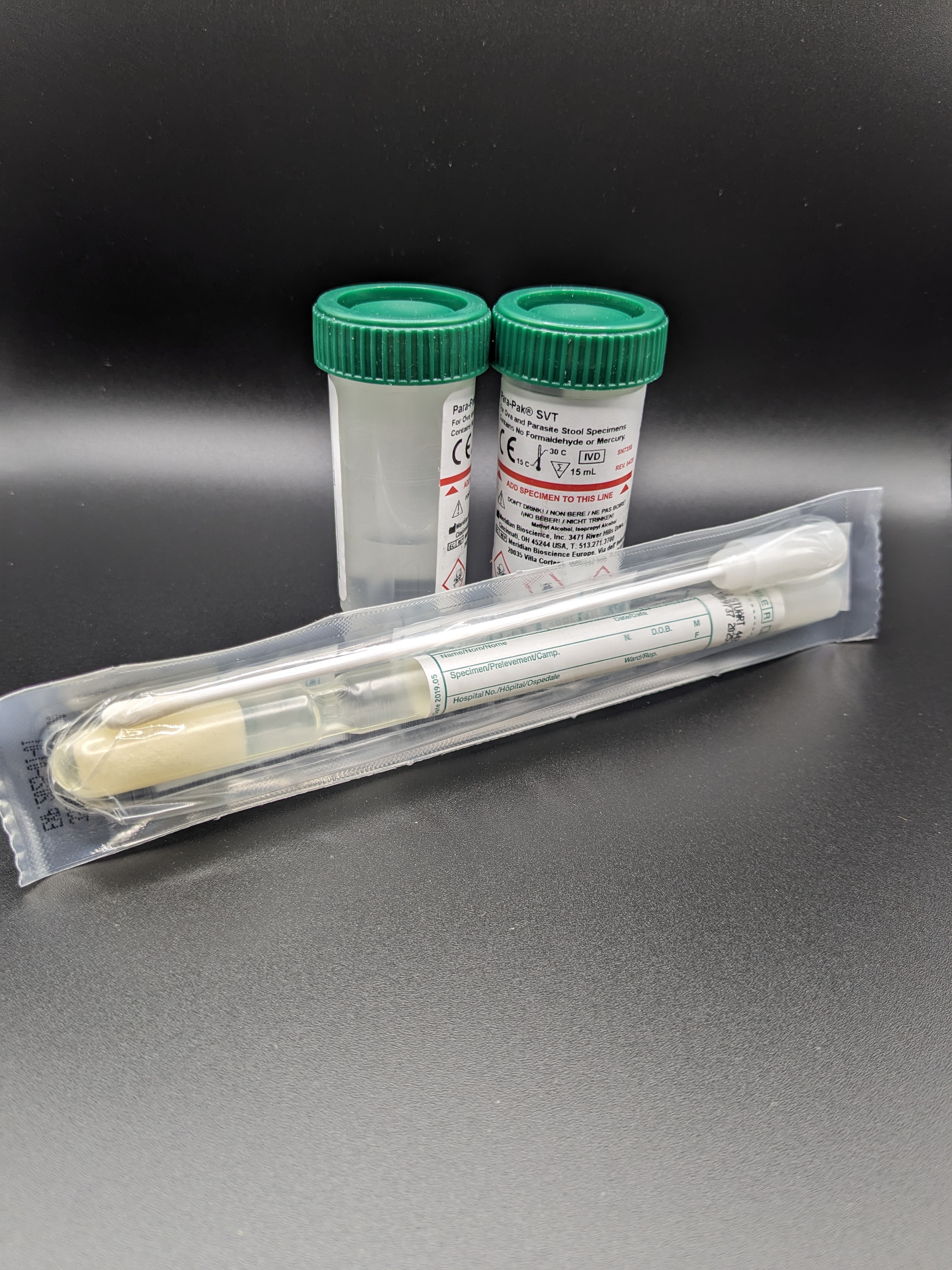
Latest Blog Articles

Public Health and Epidemiology in Parasitology
Public Health and Epidemiology in Parasitology: Advancements and Challenges
Surveillance Systems
One of the most critical components in managing parasitic diseases is the development and enhancement of surveillance systems. These systems are essential for tracking the spread of diseases, identifying outbreaks early, and implementing control measures promptly.
Modern surveillance systems leverage technology to improve the accuracy and efficiency of data collection and analysis. Traditional methods, such as paper-based reporting and manual data entry, are being replaced by digital platforms that enable real-time data collection and sharing. Mobile health (mHealth) applications, for instance, allow health workers in remote areas to input data directly into centralized databases, ensuring timely and accurate reporting.
Furthermore, the integration of big data and artificial intelligence (AI) into surveillance systems has revolutionized the way we monitor and respond to parasitic diseases. Big data analytics enables the processing of vast amounts of information from diverse sources, including health records, climate data, and social media. This comprehensive approach provides a more detailed and accurate picture of disease patterns and trends.
AI and machine learning algorithms can analyze this data to predict outbreaks before they occur. By identifying correlations and patterns that might not be apparent through traditional analysis, AI can forecast potential hotspots and guide preemptive measures. For example, predictive models can incorporate factors such as weather patterns, human movement, and ecological changes to anticipate the spread of diseases like malaria or dengue fever.
Enhanced surveillance systems also facilitate better resource allocation. By pinpointing areas at highest risk, public health officials can deploy interventions more effectively, such as distributing insecticide-treated bed nets or conducting targeted vaccination campaigns. This targeted approach not only improves the effectiveness of interventions but also ensures more efficient use of limited resources.
Education and Awareness
While advanced surveillance systems are crucial, public education and awareness remain fundamental in the fight against parasitic diseases. These efforts aim to inform communities about the risks of parasitic infections, how to recognize symptoms, and preventive measures to protect themselves and their families.
Education campaigns can take various forms, from traditional methods like posters, brochures, and community meetings to digital platforms such as social media, websites, and mobile apps. The key is to deliver clear, accurate, and culturally appropriate information that resonates with the target audience.
One successful example is the widespread distribution of educational materials on malaria prevention. These materials often include information on the importance of using bed nets, recognizing early symptoms, and seeking prompt treatment. In areas where literacy rates are low, pictorial guides and community health workers play a vital role in conveying these messages effectively.
Schools also serve as important venues for education and awareness campaigns. Integrating health education into school curricula ensures that children learn about parasitic diseases and preventive measures from a young age. Educated children can then act as health ambassadors, spreading knowledge within their families and communities.
Moreover, social media platforms offer powerful tools for reaching a broad audience quickly. Campaigns that go viral can raise awareness on a massive scale, engaging people in discussions and encouraging them to take preventive actions. Hashtags, viral challenges, and interactive content can make educational messages more engaging and memorable.
Public health organizations often collaborate with local leaders, influencers, and celebrities to amplify their messages. These figures can help bridge the gap between health experts and the community, lending credibility and relatability to the campaigns. For instance, a local celebrity endorsing the use of bed nets or participating in a clean-up drive to eliminate mosquito breeding sites can significantly boost community participation.
Educational campaigns also play a crucial role in dispelling myths and misconceptions about parasitic diseases. Misunderstandings about the transmission and treatment of these diseases can hinder effective control efforts. By providing accurate information and addressing common myths, education campaigns can change behaviors and reduce stigma associated with certain parasitic infections.
The Way Forward
The integration of advanced surveillance systems with robust education and awareness campaigns represents a comprehensive approach to combating parasitic diseases. However, several challenges remain. Ensuring that surveillance systems are accessible and functional in remote and resource-limited settings requires ongoing investment and innovation. Additionally, education campaigns must continuously evolve to address emerging threats and adapt to changing societal behaviors.
Collaboration between governments, non-governmental organizations, academic institutions, and the private sector is essential to sustain these efforts. Sharing knowledge, resources, and best practices can enhance the global response to parasitic diseases and improve health outcomes for affected populations.
In conclusion, enhancing surveillance systems and increasing public awareness through education are pivotal strategies in the fight against parasitic diseases. By harnessing the power of technology and fostering community engagement, we can make significant strides in reducing the burden of these diseases and improving global health.
Discover What's Really Going On Inside Your Gut!
Experiencing stomach troubles? Our Full GI Panel Test can help! Identify bacteria, parasites, and fungi with state-of-the-art accuracy. Quick, non-invasive, and thoroughly analyzed by experts.
Take the first step towards better gastrointestinal health today!
Feel Refreshed and Balanced with Freedom Cleanse Restore!
Reset your digestive system and boost your overall well-being with our Freedom Cleanse Restore supplement. Designed to support detoxification, promote digestive health, and enhance nutrient absorption.
Reclaim your health—experience the benefits today!
Contact Information
11445 E. Via Linda, #2-419
Scottsdale, Arizona 85259 USA
1-480-767-2522
Hours: 7:30am to 4:00pm
Monday through Thursday.
Hours: 7:30am to 1:00pm on Friday.
Closed Saturday - Sunday.



